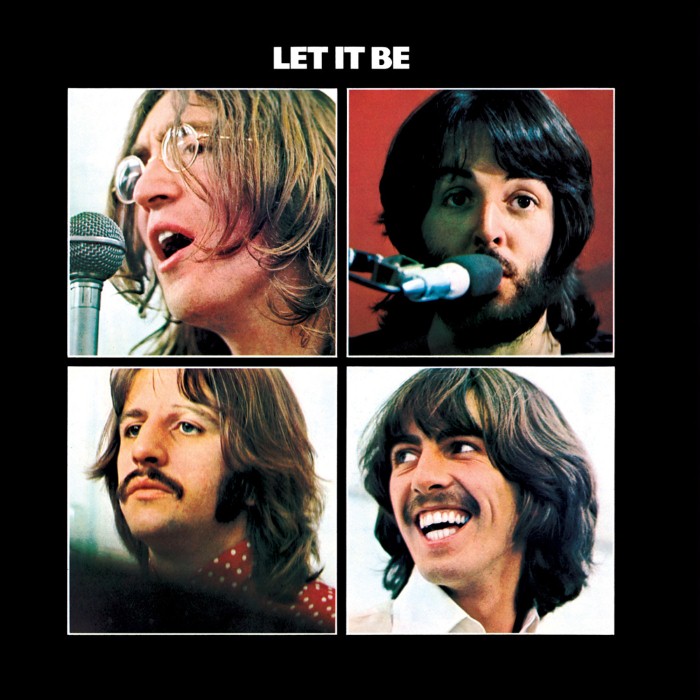Let It Be by The Beatles

Let It Be is the 12th and final studio album released by the English rock band The Beatles. It was released on 8 May 1970 by the band's Apple Records label shortly after the group announced their break-up. Most of Let It Be was recorded in January 1969, before the recording and release of the album Abbey Road. For this reason, some critics and fans, such as Mark Lewisohn, argue that Abbey Road should be considered the group's final album and Let It Be the penultimate. Let It Be was originally intended to be released before Abbey Road during mid-1969 as Get Back, but The Beatles were unhappy with this version, which was mixed and compiled by Glyn Johns, and it was temporarily shelved. A new version of the album was created by Phil Spector in 1970 and finally released as Let It Be, serving as the album for the 1970 motion picture of the same name. While three songs from the sessions were released as singles before the album's release, "Get Back"/"Don't Let Me Down" and "Let It Be", the songs were remixed by Spector for the album and "Don't Let Me Down" was not included. Despite a mixed review from Rolling Stone magazine at the time of its release, the album was ranked number 86 in the magazine's list of the 500 greatest albums of all time in 2003. This was, however, adjusted to #392 in the 2012 version. Let It Be... Naked was released in 2003, an alternative version of the album stripping much of Phil Spector's production work and using some different versions of songs.
The dissolution of The Beatles was a famously unpleasant situation: By 1968, John Lennon and Paul McCartney were sometimes working simultaneously in separate studios; only about half of the White Album’s songs featured the full band. Conceived by McCartney as an effort to reclaim the band’s marital groove, <i>Let It Be</i> presented The Beatles not as an elaborate studio art project but as four guys making music together in a room.<br /> For as divisive as Phil Spector’s 11th-hour contributions were (George Martin joked that he should be given a credit for production, while Spector should get one for overproduction), they were also overstated: Only a handful of tracks here—most notably Lennon’s “Across the Universe” and McCartney’s “The Long and Winding Road”—were all that heavily orchestrated. While some were chopped up and reassembled to get a better shape, the rest of the album (“Get Back”; George Harrison’s breezy “For You Blue”; the surrealistic blues of Lennon’s “Dig a Pony”, recorded live on the rooftop of the band’s Apple Corps offices) hewed more or less to what McCartney had envisioned: The Beatles rediscovering the poise and spontaneity of a great live band. (“Let It Be” was a relatively big production even before Spector came on board.)<br /> Still, it’s a bittersweet, sometimes uncomfortable listen, and only further muddled by the eternal debate of whether or not it was actually the band’s last album, having been more or less finished before <i>Abbey Road</i> was started but not released until the band had broken up about a year later. (“And now we’d like to do ‘Hark, the Angels Come!’” Lennon squeaks in falsetto before “Let It Be”—a jab at what he felt was McCartney’s sodden pseudo-religiosity.) Still, listen and you can hear the heart, humour and camaraderie that made them so unusual to begin with: McCartney’s “Two of Us”, the throwback “One After 909” the eternal “Get Back”.<br /> In September 1969, Lennon quit. <i>Abbey Road</i> came out about a week later. McCartney effectively quit the following April, and put out his first solo record, <i>McCartney</i>, about a week later. In a self-interview that doubled as album promotion and carefully worded statement of personal independence, McCartney said that his only immediate plans were to grow up.
